Now, I must preface this by saying that Starfield was not in development for decades, but Todd Howard has confirmed that he has planned to create a game like Starfield one day since the late 1990s and has wanted to do so since the 1980s.
While development did not begin in earnest until 2015, it’s clear that Starfield is a passion project for Todd, and clearly, it is something he has wanted to do for a very long time.
It may not be the 10/10 that people were hoping for, but with four decades of passion invested into Starfield (in some form or another), I am eager to see what happens next, with Todd confirming that we will hear more about the future of Starfield later in 2024 (likely during the Xbox Summer Showcase).
I see no reason why whatever comes next will not have the same effect on Starfield that Phantom Liberty had on Cyberpunk 2077, turning a solid 7/10 game into one of the best games of the 9th console generation.
Starfield may have decades of planning behind it, but its journey is far from over, with Xbox indicating that due to Game Pass, flagship titles will aim to have a 10-year lifespan.
This is a very sensible decision, given that modern games can take as long as eight years to develop. Anything less than a decade of post-launch support feels like a waste of time and money for a company that, in many ways, pioneered the first successful multigame subscription service. The company’s main focus right now is increasing the consumer value of the service through acquisitions and day-one releases.
Xbox needs an edge, and being the publisher that supports its games for 5+ years with monthly paid and free updates is the edge it needs to remain relevant in a market that is detonated by Playstation and Nintendo, and flagship titles like Starfield and eventually, The Elder Scrolls VI are going to central to the strategy, even if they do not remain exclusive to the platform forever.
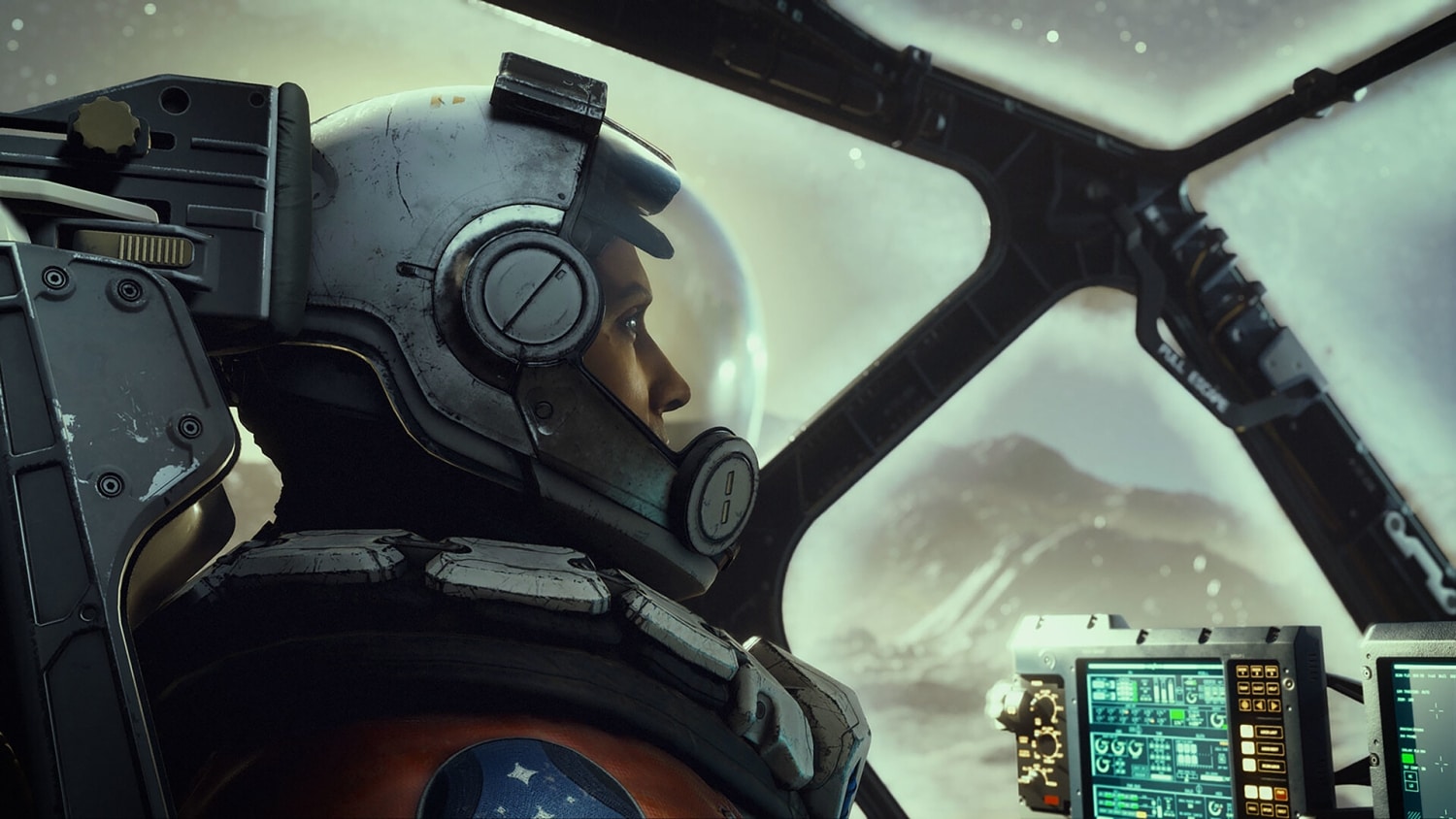
I must preface this by saying I understand the concept of console exclusives, and personally, as someone who owns every current-gen platform (and some older consoles), I have no problem with console exclusives, but as the cost of developing games increases and the number of development resources modern AAA titles take to produce (5-7 years), publishers need to find a way to keep reinvesting in the titles we love, and they have two options, jack up the price of games every year or expand to other platforms, and I personally feel the second option is not only more consumer-friendly, but in the long run will be better for everyone involved.
While I do not believe Starfield should have been a day-one release on PlayStation 5 (as long as PlayStation has its own exclusives), there is no reason why first-party games could not be released on rival platforms after, say, 12 or 24 months, as by then anyone who was going to “rush out and buy an Xbox just to play Starfield” would have either have already done it and players who owned both platforms already and were eager for the game would have definitely picked it up on Xbox as close to launch as possible, instead of waiting a year or two to pay full price for it on Playstation, when they could have played it for as little as $9.99 via Game Pass the day it was released.
By releasing it onto other platforms, the publisher would not only have another source of income beyond charging their own player base but would expose gamers on other platformers to what they have to offer.
I personally had not played any PlayStation games since the very early days of the PS2. Yet, after playing Last of Us, God of War, and Uncharted 4 via PS Now on PC back in 2019, I decided I enjoyed Sony games so much that I not only wanted to play more of them but also bought a PS4 right away and preordered a PS5 the day they went up for preorder.
Without having the opportunity to play PlayStation games on another platform (cloud gaming via PC), I wouldn’t have likely spent money on a PS4 or preordered a PS5, nor would I have bought hundreds of games for the system.
And there is no reason why releasing Xbox exclusives onto the platforms after a delay of 12-24 months could not work the same way, with players discovering that Xbox not only “has games” but actually has many good games, leaving them wanting to play future Xbox first party titles day of release, expanding the Xbox community, game pass subscriber count, and in turn, making Xbox a more desirable platform for third party developer to release their future titles on.
While Xbox may be reluctant to release big titles onto PlayStation due to the recent Twitter outrage over Sea of Thieves, Grounded, Hi-Fi Rush, and Pentiment going multiplatform, I personally feel a future in which Xbox releases first-party titles onto other platforms after a moderate delay is not only not a bad thing but could make Xbox a much stronger platform overall.
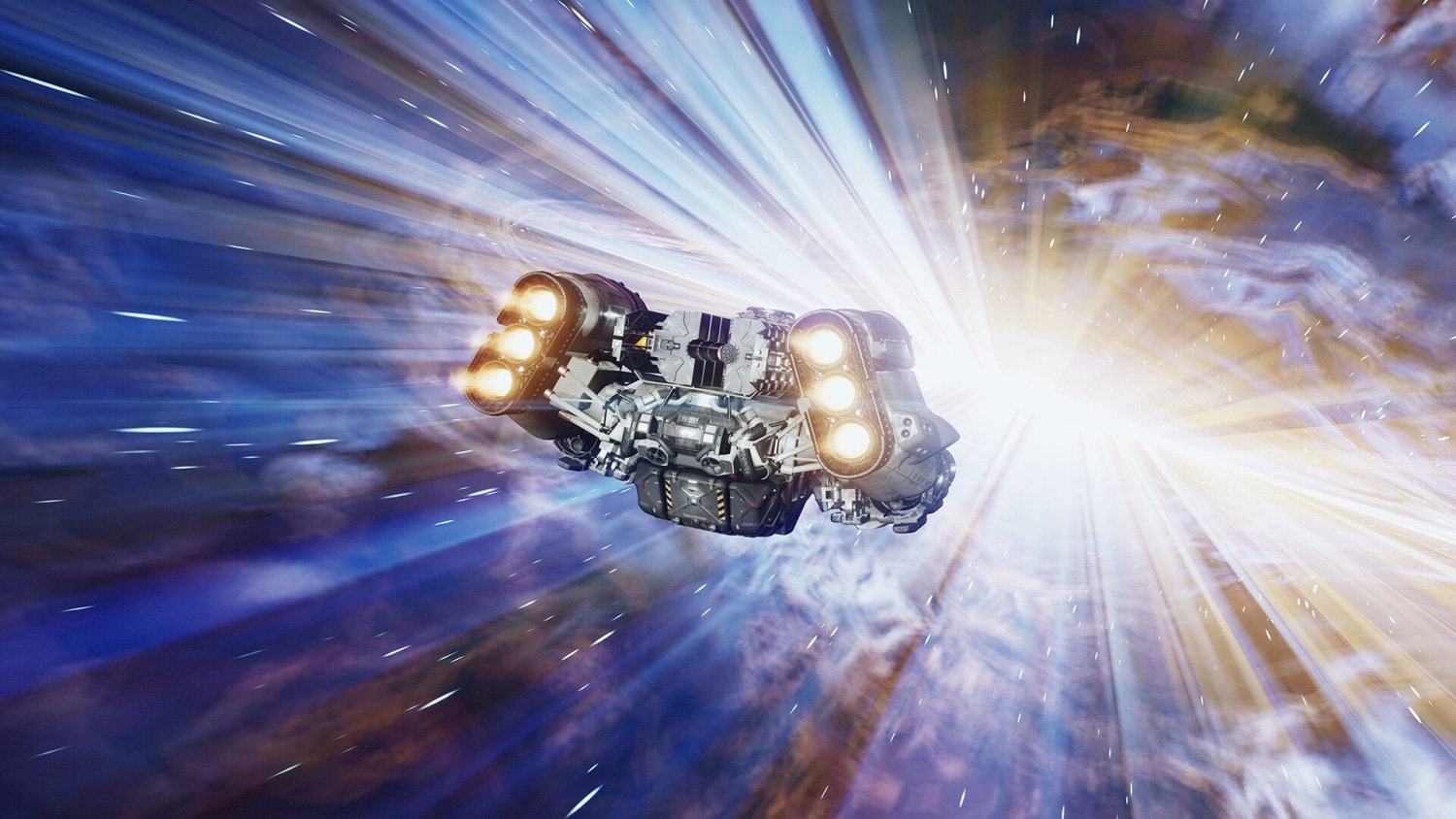
While Starfield is not a perfect game, and it does deserve some of the criticism it received, much of the hate and criticism directed at Starfield is misplaced, erroneous, or, in many cases, entirely fabricated to generate traffic for low-quality content creators, and rage peddlers who earn a living causing other people to get angry at people and things that are very often innocent of what they have been accused of.
There is nothing wrong with being excited about a new game. I am looking forward to many upcoming releases, but I also understand the need to be grounded; games rarely make massive leaps beyond that of the generation they are developed for, and expecting Starfield to have thousands of planets which are as bustling and vibrant say Skyrim or Cyberpunk 2077 just isn’t possible.
Cyberpunk 2077 and Skyrim had impressive fleshed-out worlds because they allowed players to explore just a relatively small part of a single planet, unlike Starfield, which has over 1000 explorable planets (even if some are a little barren).
Are the planets in Starfield a bit bland? Sometimes, but so is outer space. Conversely, some planets in Starfield are verdant green paradises filled with interesting lifeforms to document or hunt (you monster!).
While people expecting too much is partly Todd Howard’s fault (he gets very excited about his games), pretty much everything he said would be in Starfield was in there, even if it was not as in-depth as some people had imagined.
Unfortunately, gamers have a habit of allowing their imagination to run wild and then getting hateful when their imagined promises do not come true.
I have actually witnessed many gamers making comments like, “I know they didn’t promise X would be in the game, but I thought they were going to add it anyway, and now I feel like they lied to me.”
While this is not a direct quote, I have seen similar to it too many times to count, and often, even when the wording is different, the meaning is the same: the gamer in question expected the developer to add a feature or mechanic that was never promised, and then got mad when it was added to the game, causing the gamer to spread his hate online, causing overs to become enraged over a broken promise that was never made to begin with.
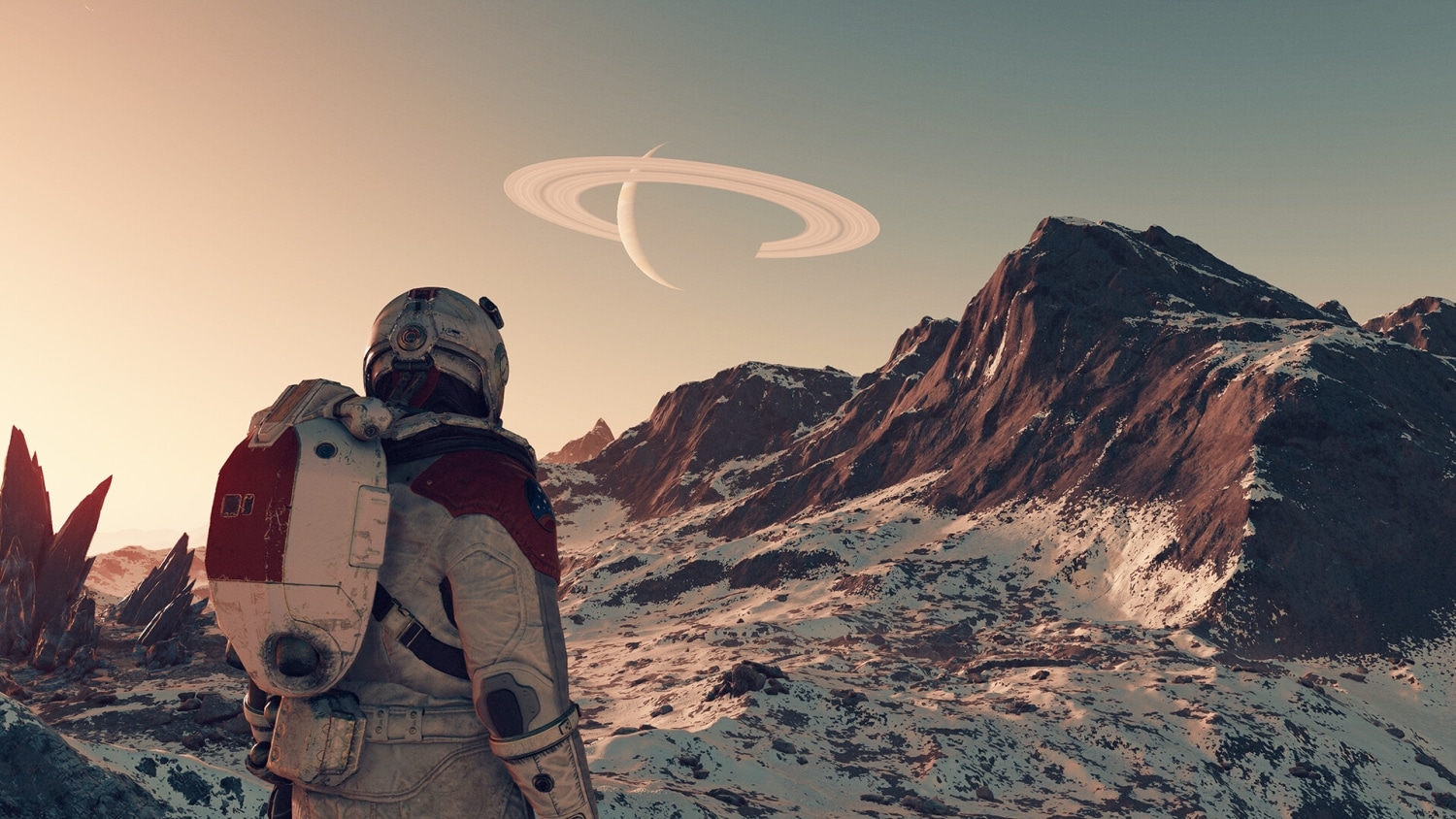
While Starfield may not be Fallout or The Elder Scrolls, it is a Bethesda game headed up by Todd Howard. As such, people should have expected it to be essentially Skyrim or Fallout in space. Yet, many gamers and outlets seemed to expect something radically different, with cutting-edge character models and mechanics, unlike anything we had seen in a Bethesda game before, instead of expecting exactly what we received, a slightly prettier looking Bethesda game with a few new mechanics, that sufferers from the same flaws, and enjoys these same triumphs of essentially every Bethesda game released in the past 30 years.
Bethesda games become beloved long after they have been released, as is the case with titles such as Fallout 4, which, despite a relatively lacklustre response from many hardcore Bethesda fans at launch, is now held up as an example of what a good Bethesda game should be while having improved relatively very little since its initial assessment as a “terrible Fallout game.”
While Skyrim fared slightly better, as social media had not yet reached critical mass, and most critics tried to point out only actual flaws instead of stirring controversy, it, too, suffered similar criticism and later praise from hardcore fans of the Elder Scrolls franchise.
In short, Bethesda games grow on you, especially after a few patches smooth out the rough edges, and while Starfield is an excellent game as it is, given time, it will become an even better one.
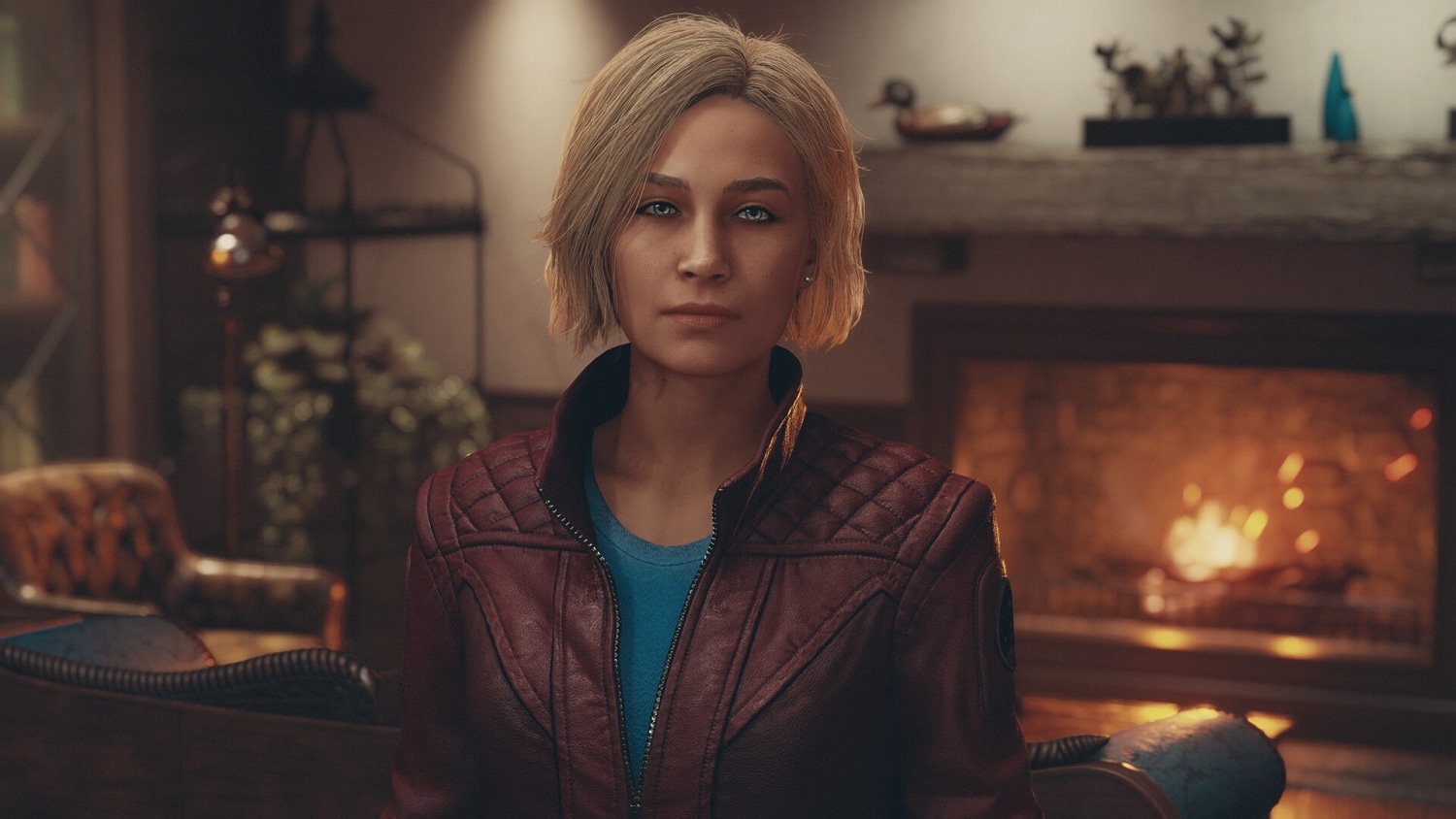
While Bethesda games are known to be buggy at launch, surprisingly, Starfield had a lot less of the crazy bugs that Bethesda games are known for; unfortunately, it did have several bugs which would force players to either restart their game or use console cheats on PC to progress the story, due to several quest chains prematurely ending, instead of activating the next step of the chain.
I personally was forced to use console commands to force a quest to appear after the previous quest ended without activating the NPC dialogue required for the next step. Thankfully, these issues have been fixed for some time, but at launch, I am sure they caused more than a few tears of frustration for many gamers.
While I will avoid going into specifics to avoid spoilers, I can say that Stafield’s narrative is all over the place. Some elements of the main narrative are very strong and even emotional, but other aspects of the plot are very weak and honestly borderline nonsensical.
I enjoyed the faction-based stories, companion quests, and even some of the smaller multi-quest narratives much more than the main quest chain, as they felt more in line with the type of game Starfield was trying to be and felt more authentic within the NASA punk setting of the game than the main quest chains reliance on”Star Wars at home” multiverse plot beats that left me feeling dissatisfied with my characters final place in the story, even if being able to use off-brand “Jedi powers” was fun for about 5 minutes.
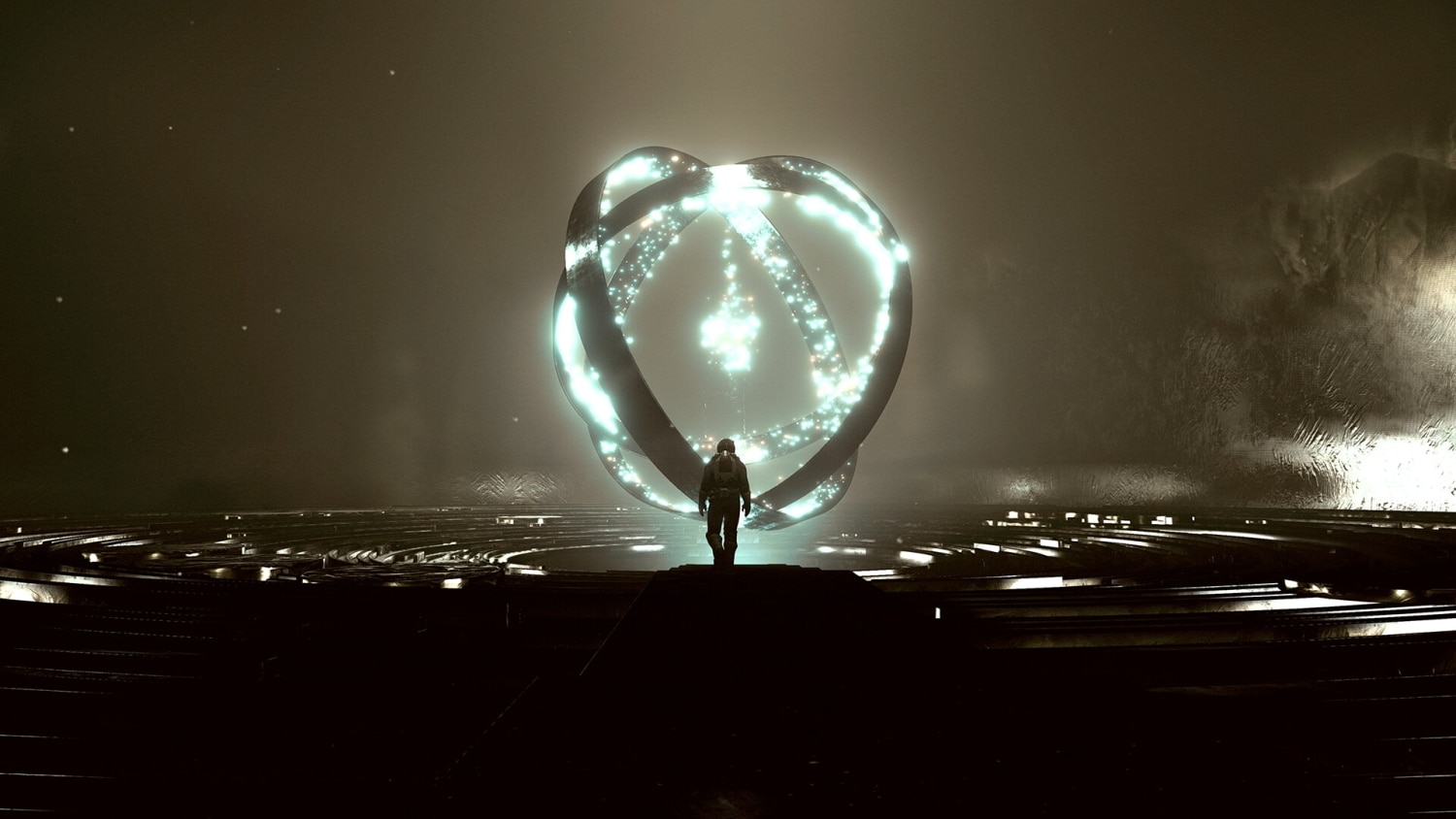
Starfield is designed to be replayed over and over, and even the narrative is written in such a way as to accommodate multiple playthroughs (no spoilers!); upon starting a new game, players will enter a universe that is either identical to the one they just left, mostly similar, or in a few cases radically different, including a new companion (who doesn’t say much to be fair) and new or modified encounters, ensuring that replaying the new game+ mode multiple times is a worthwhile endeavour, with the player being able to level up their character’s skills and abilities with each subsequent playthrough.
While I cannot see myself playing through the entire narrative again (as I rarely do so), it’s a nice idea, and for those who enjoy replaying games and discovering new secrets, Starfield has plenty to offer in that area.
Starfield is a really nice-looking game, but it is also a Bethesda game, and people should not go into it expecting cutting-edge visuals.
While it certainly has its moments of visual splendour, the scope of Starfield, plus the fact that it has been in development since 2015, means it is not as visually stunning as a smaller-scope game that didn’t start development until, say, 2018 or later.
In addition, Starfield has the most repeat NPCs of any game I have played since the original Star Wars Knights of the Old Republic. Even the game’s three main child characters share the same character model without changing facial features, hairstyle, gender, or skin tone.
This becomes even more obvious when two of the child characters are present in the same place at the same time, and I would like to see the developers replace the character models for two of either of these characters or at least change the hairstyle, as right now, it’s clear that they are the same character model, which is one of the most immersion breaking things I have seen since talking to my own face on an NPC while playing Star Wars Knights of the Old Republic in 2004.
Repetitive NPC appearances aside, Starfield developers did not do the best job of making worlds feel alive. Some locations, such as the nightclub on Neon, were pitifully bad and felt more like a group of awkward shuffling grade schoolers at a church dance than the drug field atmosphere you would expect on a planet known predominantly for its thriving drug trade and frequent gang wars.
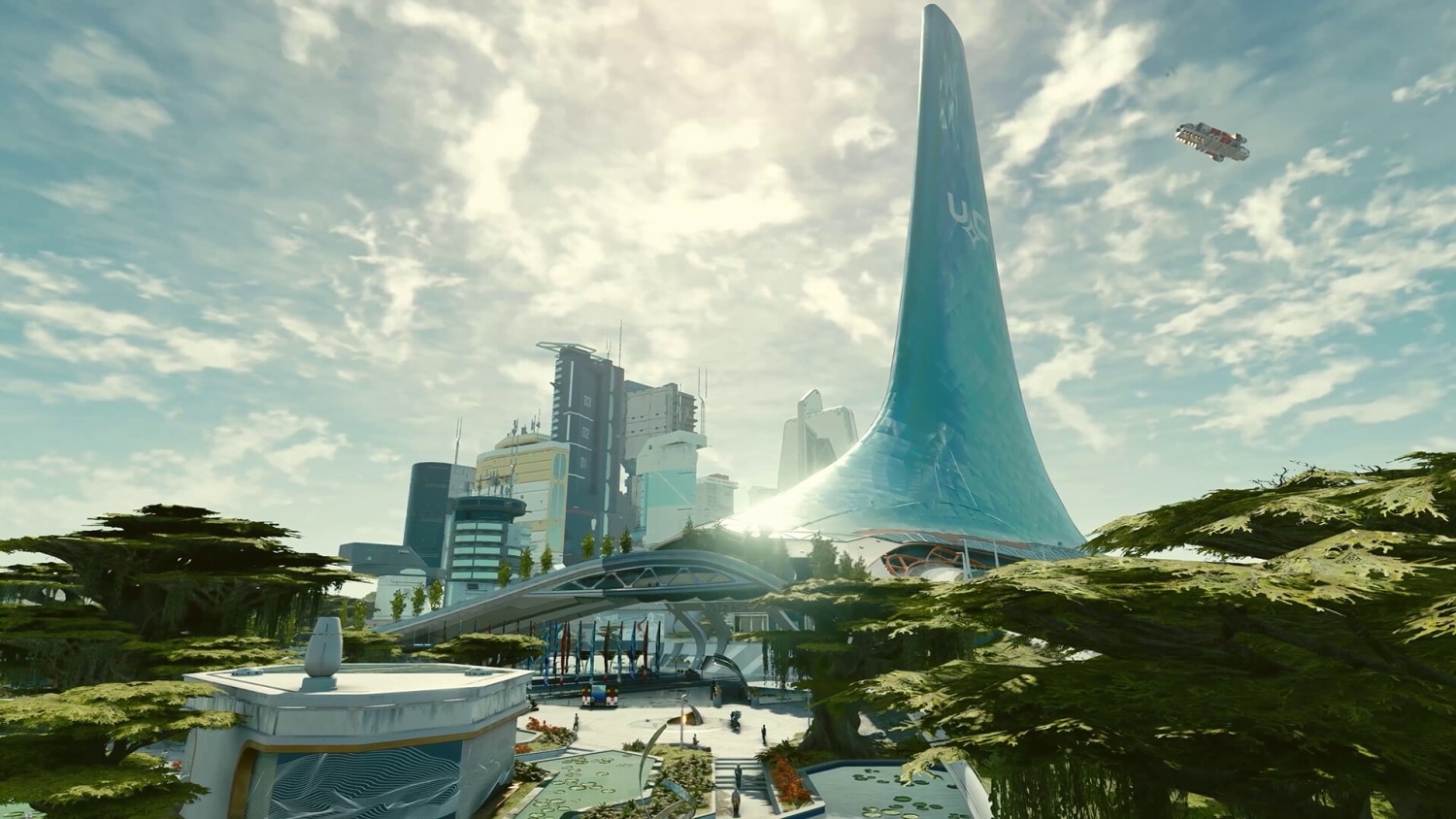
Starfield is a pretty diverse and inclusive title. You will encounter NPCs from all walks of life across a wide palette of skin tones. In addition, male and female characters have equally important roles in the galaxy. Most refreshingly, there are no scantily clad female characters, which honestly look out of place in most RPGs but would look even more so with Starfield’s NASA punk aesthetic.
That being said, in an effort to be inclusive, the developers have gone a little overboard, which, sadly, gave ammunition to the right-wing content creators; a perfect example of this is every companion character being bi-sexual, even though less than 2% of people globally identity as bi-sexual, a move which disregards the reality of 98% of players who identity as straight, gay or lesbian exclusively.
By all means, include a bi-sexual companion, but by making every love interest bi-sexual, Bethesda has done little but provide ammunition to those who feel that every attempt at diversity is some sort of nefarious agenda meant to destroy humanity and overall has done more to harm diversity than promote it.
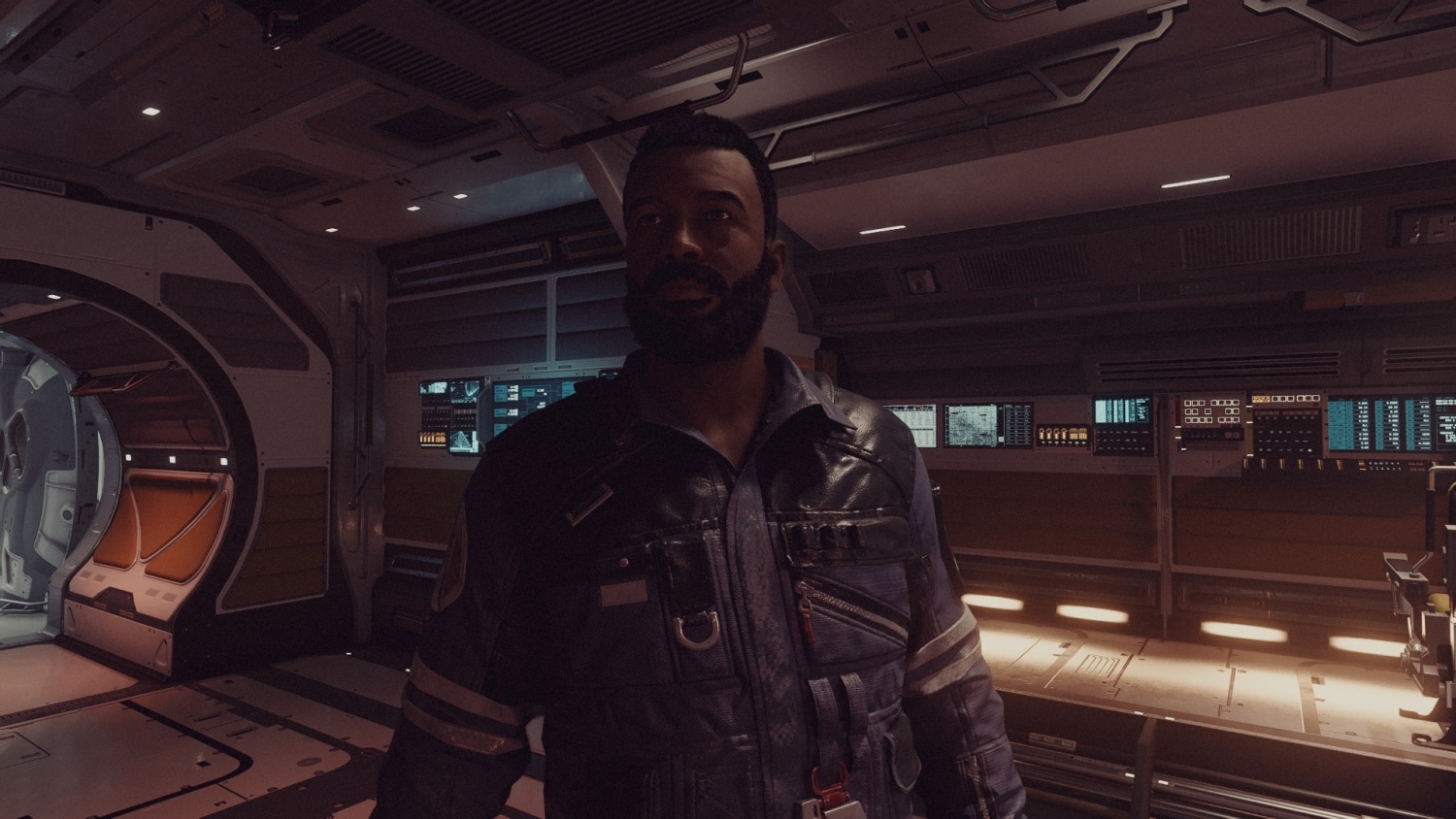
One of the best things about Starfield is the ability to create ships and take them into battle.
The Starfield community has gotten very creative with the powerful in-game editor, recreating famous ships such as the Millennium Falcon and more unique vehicles, such as a massive rubber duck and even the Magic Schoolbus (which is one of my personal favourites).
But the fun doesn’t stop once your ship is built. It feels awesome to take a vehicle you designed into battle and manually designate power to various systems. As I pulled all power from my shields and rerouted it into my jump drive, I felt like Han Solo (or Captain Kirk).
Being able to target specific systems on enemy ships, such as engines or shield generators, allows players to even the odds against larger fleets or more powerful vessels, and if that fails, disabling engines and boarding an enemy ship to engage in close-range combat is always an option, even if capturing said ship does not prove all that valuable thanks to Satrfield requiring even pirates pay registration fees for stolen ships, one of the more baffling aspects of Starfield which I must admit felt a little immersion breaking, often resulting in a ship worth upward of 200k credits being sold for a net profit of 6k or less, once registration & sales fees are factored in.
This was very immersion-breaking and honestly left me feeling rather frustrated after encounters that should have left me feeling exhilarated; when I first captured an enemy warship and saw it was worth well north of 100k credits, I was excitedly planning how I would spend the money only to find out that to use or sell it I would need to register it, and even then the sale price would only be a thousand credits more than the cost of registering it.
In addition, the morality system has no real weight, and while players can choose to do the right or wrong thing, this often has very little actual effect on the galaxy outside of a few key moments in faction quest chains, which actually have a huge effect on the galaxy, despite the way players behaving outside of their key moments having very little impact beyond annoying a companion or causing the player to pay a relatively insignificant fine to get back into factions good graces.
While I personally would not choose to play as a private or murderer, I feel that if the option to be one is present, the game should flesh out the system, especially when players are given the option to side with a pirate faction at several points in the story.
Whether ships were stolen from helpless traders or taken from overeager pirates who bit off more than they could chew by attacking the player’s ship, paying a fee to register a ship you already own (even when playing as a member of the pirate faction) feels ridiculous. I hope the option to fly an unregistered ship is introduced in later patches or the ship registration system is eliminated altogether.
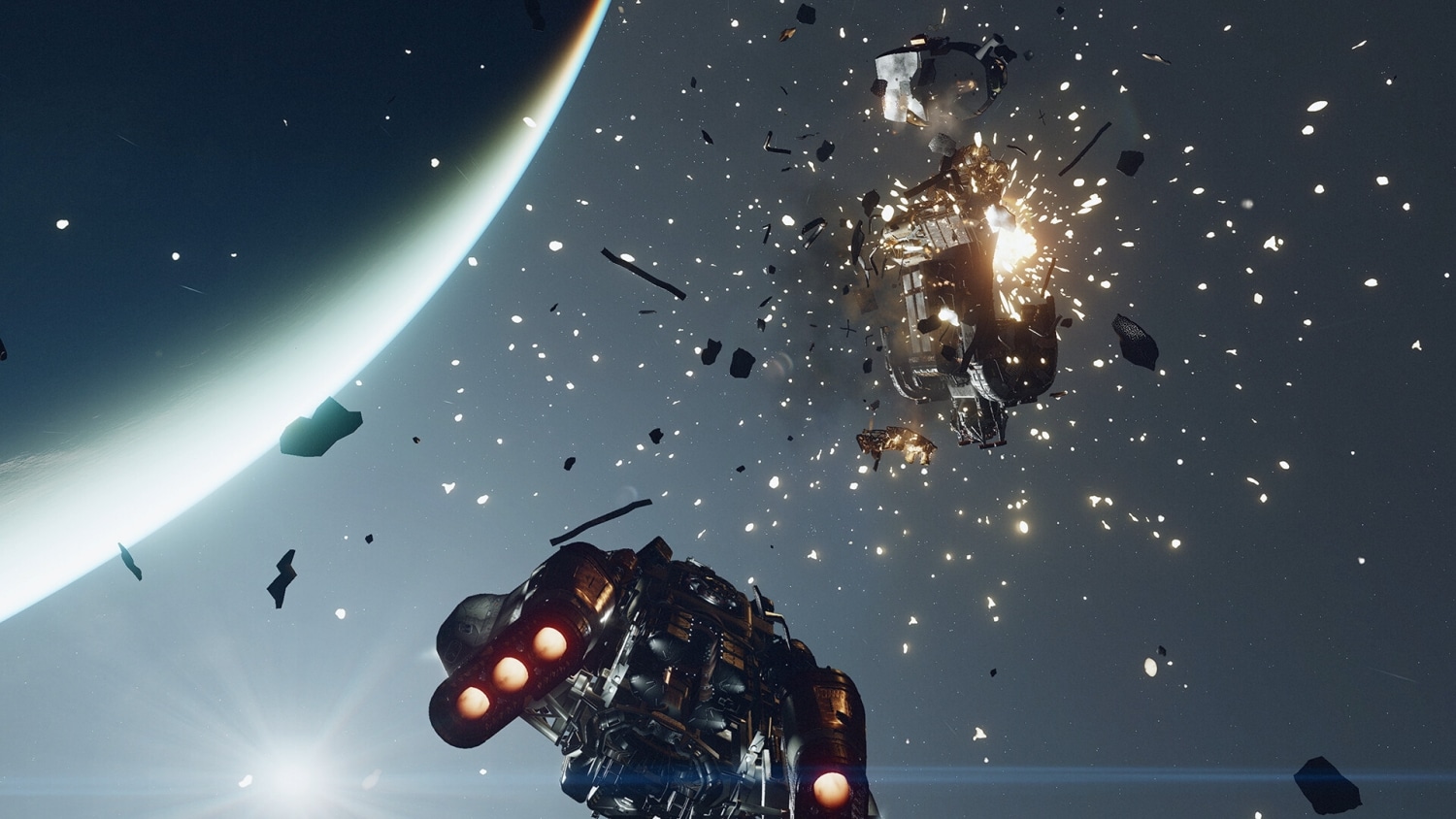
Starfield was never going to have an easy ride with content creators and game journalists, but the overtly negative coverage and commentary it receives from certain parts of the gaming community is frankly absurd and reeks of console warring and other even more nefarious agendas.
The fact that one of the most anticipated games of the decade was not launching on Playstation ensured that certain outlets would strive to tear it apart and do everything they could to make it fail, or at least make it appear to the masses that it had failed, because no matter how good it was or how many copies it sold, Starfield needed to be portrayed as a failure by these outlets to ensure their predominantly rage-chasing fanbase would have something new to hate on.
As content creators and gaming journalists spread lies and half-truths like they were going out of fashion, die-hard console fanboys lapped it up like ambrosia, ensuring that the outlets and content creators would keep producing such content as long as the rage continued and the money kept pouring in from advertising and sponsorships.
Starfield is not perfect, and there is nothing wrong with having expectations for how a game will turn out, and there is nothing wrong with being disappointed when it doesn’t turn out that way; however, hoping something fails, hating on developers, fans of a game, or its publisher is inexcusable, and honestly downright petty.
The way many of its most vocal haters have acted since it was revealed to be an Xbox/PC exclusive is inexcusable, especially when it comes to content creators doing their best to encourage gamers to rage for the sake of advertising revenue is even worse still.
Causing people to stumble (engage in sin) so that they can earn even more money (when they are already often filthy rich) is the epitome of foul behaviour. It is something that God takes very seriously socially when it comes to causing minors (and impressionable people) to engage in such acts.
While I could say more about this, I will leave you with a link to our in-depth editorial on this worrying trend and the words of Jesus when he talks about the importance of treating others the way you would like to be treated, even if a game sucked and was a total failure, hating on the people who made it serves no purpose, especially when we all have done things wrong, and hope for forgiveness, mercy and compassion from God and fellow man.
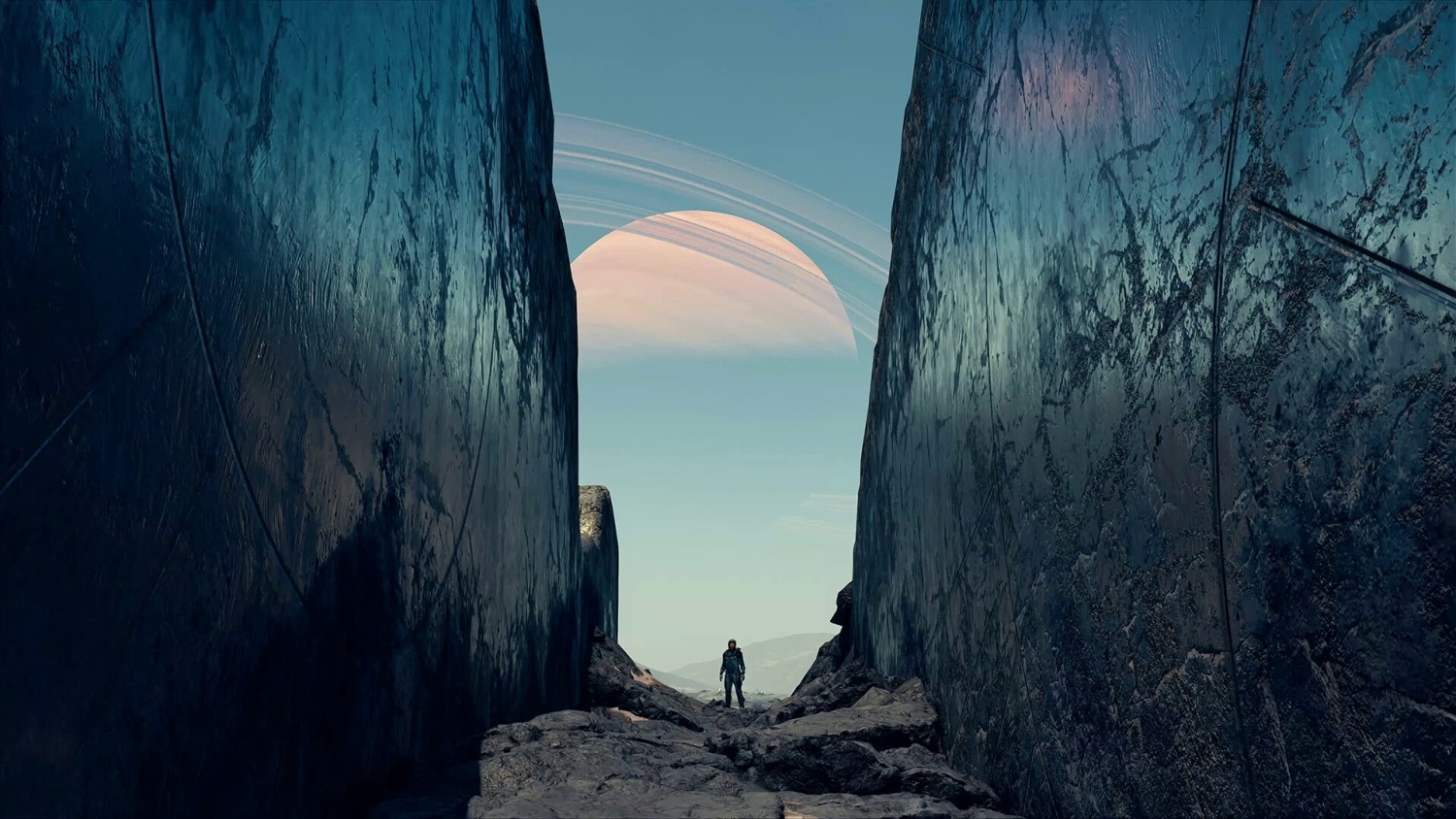
Starfield is a role playing game video game developed by Bethesda Softworks and published by Bethesda Game Studios , it was released on 6 September 2023 and retails for $69.99+.
Starfield is available on the following platforms: PC, Xbox Cloud Gaming, and Xbox Series X|S.
On average Starfield takes between 30 and 100 hours to complete.
Estimated completion times are derived from various sources and may vary based on the skill level of each player.
Starfield supports:
The following peripherals are officially supported:
Starfield is rated PEGI 18+ and contains:
Starfield is an excellent game that, despite several delays, feels “unfinished” While what is there is of generally high quality, some aspects of the game could use a little more attention, and while I personally do not mind walking across the surface of planets, some form of transportation beyond boost pack would be very welcome, and honestly as a fan of all things cowboy, would love to see the developer get receive byu introducing alien mounts, and even a robotic horse, perfect for players who enjoy roleplaying as a Freestar Ranger, or just enjoy animal mounts in games.
Is Starfield Perfect? No! Is it an excellent game with a lot of potential? Yes!
Based on Todd Howard’s statements about having five years of content already planned out, I personally feel that Starfield will be a much better game in two years’ time and much closer to reaching its full potential than it is right now.
Overall an excellent game, and one I fully recommend to fans of space exploration games and longtime fans of Bethesda RPGs, who will almost certainly find Starfield to their liking, even if it is unlikely to be “the best game they have ever played” or even their favourite Bethesda game as beating Oblivion, Fallout 4 and Skyrim takes some doing!, and as I already stated Starfield is just at the beginning of its journey, and still have plenty of surprises in store for us who wish to reach for the stars and explore new, and exciting horizons.